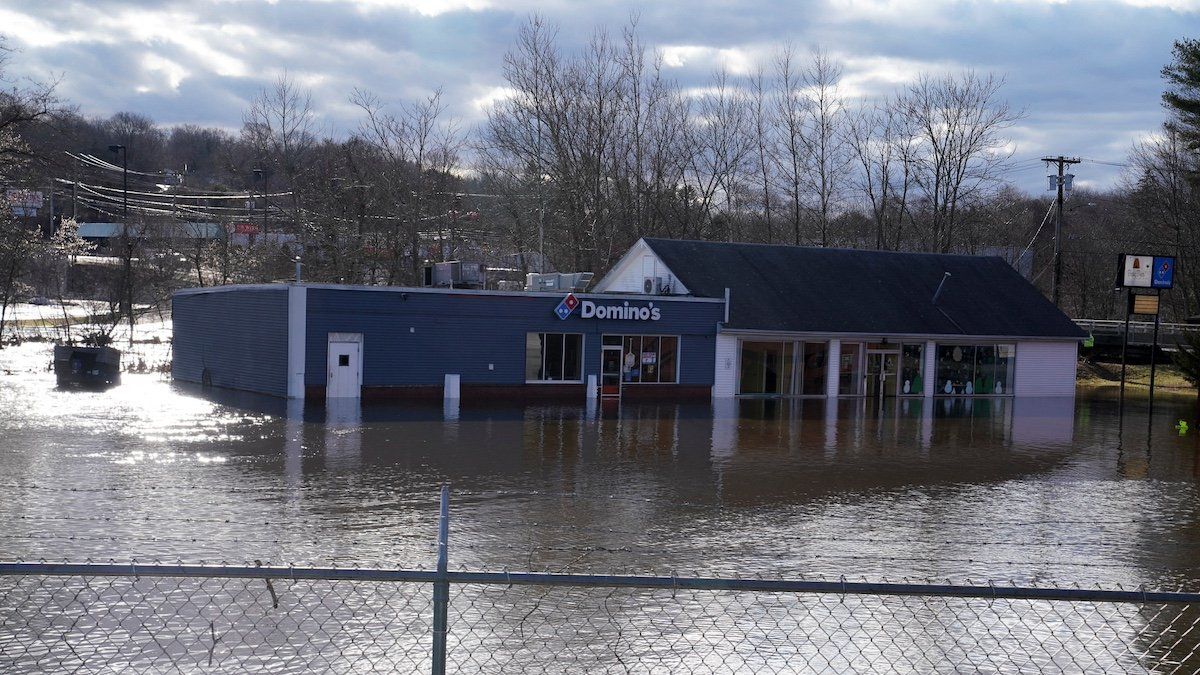Last weekend, rainfall in the northeast caused heavy flooding in parts of the United States and Canada as the region experienced yet another wave of unprecedented flooding.
On Monday, the governor of Connecticutdeclared a state of emergency as officials began cleanup efforts. The flooding killed two residents and hundreds were evacuated. The floods also affected parts of New York and grounded flights at JFK, Newark, and LaGuardia.
Just outside Toronto, the city of Mississauga set a rainfallrecord with 5 inches of rain falling and flooding streets.
The cost of the flooding is still being tallied, but it’s going to be expensive. In July, a flood in Toronto that saw four inches fall led to insureddamages of more than CA$1 billion. According to the Insurance Bureau of Canada, severe weather events last year cost insurers over $3 billion, with year-over-year costs trending up, with billions more ininfrastructure damage.
In the US, the costs are even higher. The Joint Economic Committeeestimates that floods alone cost the country between $180 and $496 billion each year, including infrastructure costs to keep up with floods, which run into the tens of billions yearly on the low end.
Climate change is set to continue to drive up costs as extreme weather events become more frequent and damaging, putting stress on insurance rates, public coffers, and the accuracy of calling these increasingly common events “uncommon.”
